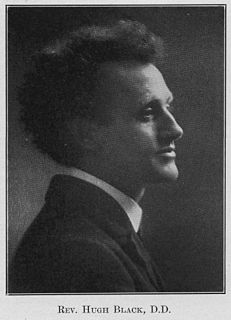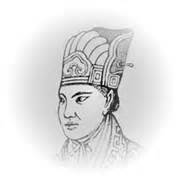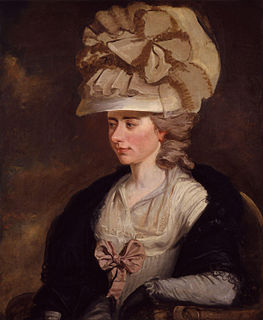A Quote by C. S. Lewis
Friendship is the greatest of worldly goods. Certainly to me it is the chief happiness of life.
Related Quotes
The key is realizing - and believing - that this world is not your home. If you and I ever hope to free our lives from worldly desires, worldly thinking, worldly pleasures, worldly dreams, worldly ideals, worldly values, worldly ambitions, and worldly acclaim, then we must focus our lives on another world.
If happiness is a state of the inward life, we have to look for its chief obstructions not in outward conditions but in deeper places. Happiness depends in the last issue, as we saw, on the essential view of life. It is not a matter of distractions, nor even of mere pleasurable sensations. There may be an appearance of great prosperity with incurable sadness hidden at the heart, as there is an outward peace which is only a well-masked despair. The way to happiness is indeed harder than the way to success; for its chief enemies entrench themselves within the soul.
Three sorts of goods, Aristotle specified, contribute to happiness: goods of the soul, including moral and intellectual virtues and education; bodily goods, such as strength, good health, beauty, and sound senses; and external goods, such as wealth, friends, good birth, good children, good heredity, good reputation and the like.
Diligence means to be keen in matters of virtue and justice, but worldly people use diligence to solve their economic difficulties. Frugality means to have little desire for material goods, but worldly people use frugality as a cover for stinginess. Thus do watchwords of enlightened life turn into tools for the private business of small people. What a pity!
I think for me, happiness is crucial, but I think we think that happiness comes from amassing goods and getting things and being loved and being successful, when in fact my experience of happiness comes when you give everything away, when you serve people, when you're watching something you do make somebody happy, that's when happiness happens.
A lot of people say there is no happiness in this life, and certainly there's no permanent happiness. But self-sufficiency creates happiness. Happiness is a state of bliss. Just because you're satisfied one moment - saying yes, it's a good meal, makes me happy - well, that's not going to necessarily be true the next hour. Life has its ups and downs, and time has to be your partner. Time is your soul mate. Children are happy. But they haven't really experienced ups and downs yet. I'm not exactly sure what happiness even means. I don't know if I personally could define it.
[Freedom] is the greatest of political goods. I do not say freedom is the greatest of all goods: the best things come from within they are such things as creative art, and love, and thought. Such things can be helped or hindered by political conditions, but not actually produced by them; and freedom is, both in itself and in its relation to these other goods the best thing that political and economic conditions can secure.
Those who wander in the world avowedly and purposely in pursuit of happiness, who view every scene of present joy with an eye to what may succeed, certainly are more liable to disappointment, misfortune and unhappiness, than those who give up their fate to chance and take the goods and evils of fortune as they come, without making happiness their study, or misery their foresight.


































